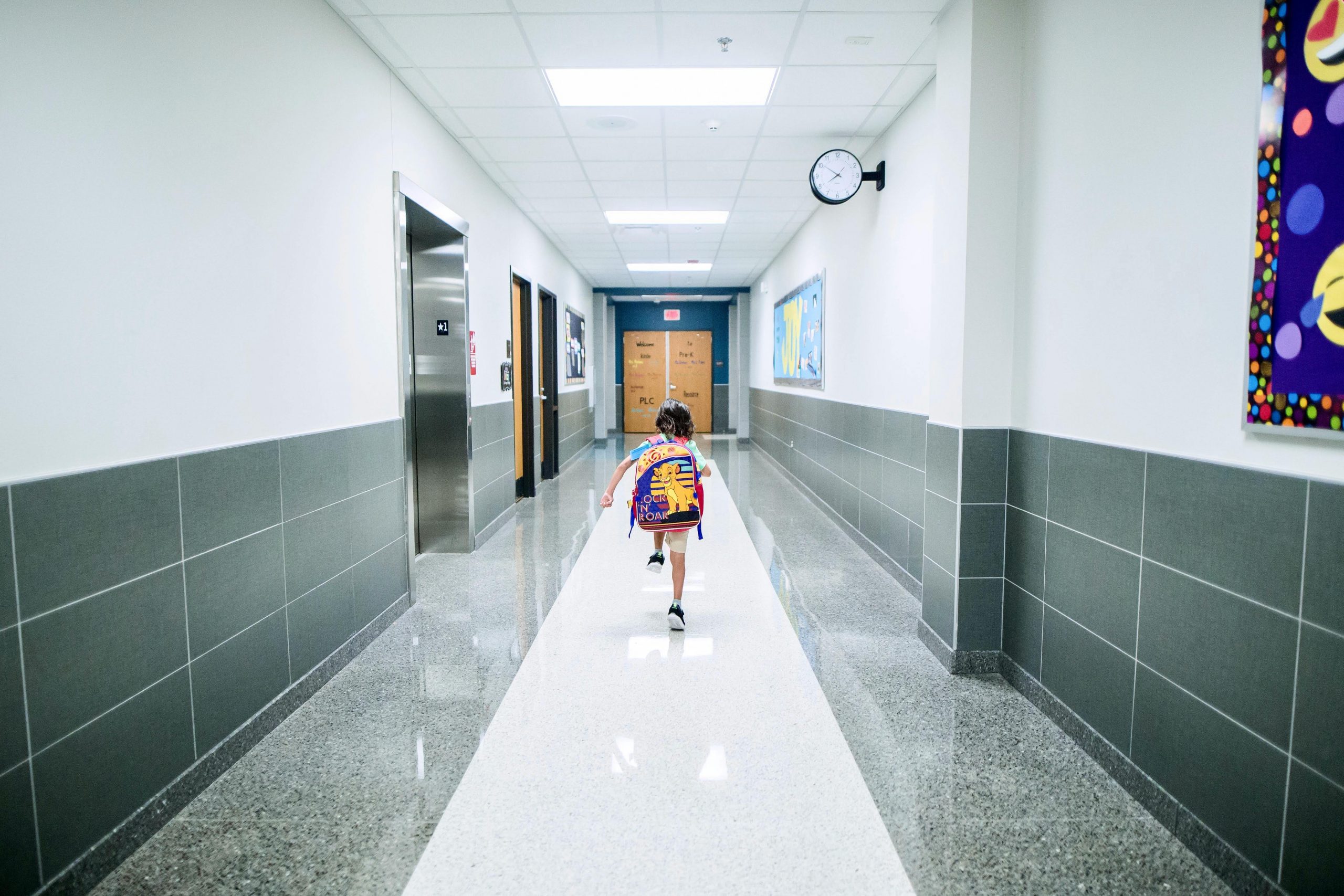As Labour’s Child Health Action Plan sets the stage for creating the healthiest generation of children, schools play a pivotal role in bringing these initiatives to life. However, to effectively implement these health initiatives, schools need a robust framework of resources and support. Here, we explore the critical components that can empower schools to drive positive health outcomes for their students.
Understanding the Challenges
Schools are at the forefront of promoting child health, but they often face significant challenges, including limited funding, time constraints, and insufficient training. To overcome these barriers, a comprehensive approach is necessary, ensuring that schools are equipped with the tools and knowledge required to succeed.
Key Resources and Support Needed
- Funding and Financial Resources
- Grants and Funding Opportunities: Schools require access to grants specifically aimed at health and wellness programs. These funds can facilitate the implementation of initiatives such as mental health services, physical activity programs, and nutritious meal options.
- Partnerships with Local Businesses: Collaborating with local businesses can provide additional funding and resources, such as sponsorship for health events or donations of healthy food for school meals.
- Training and Professional Development
- Professional Development for Staff: Teachers and staff need ongoing training in health education, mental health support, and nutrition. Workshops and training sessions can equip them with the skills to effectively implement health initiatives.
- Mental Health Training: Specialized training for staff on recognizing and addressing mental health issues can create a supportive environment for students.
- Access to Health Professionals
- On-Site Health Services: Schools should have access to health professionals, such as counselors, nutritionists, and dentists. This could be facilitated through partnerships with local health services or community organizations.
- Health Education Specialists: Bringing in external experts to lead health education programs can enhance the quality and effectiveness of the initiatives.
- Curriculum Resources
- Comprehensive Health Curriculum: Schools need access to up-to-date curriculum materials that include mental health, nutrition, and physical activity. Resources should be age-appropriate and engaging to encourage student participation.
- Interactive Tools and Technology: Utilizing digital resources and interactive tools can make health education more engaging. Apps and online platforms can provide students with information and activities related to health and wellness.
- Community and Parental Engagement
- Workshops for Parents: Engaging parents through workshops can help them understand the importance of health initiatives and how they can support their children at home.
- Community Events: Organizing community health fairs and events can promote awareness and encourage families to participate in health initiatives, creating a supportive network.
- Monitoring and Evaluation Tools
- Data Collection and Analysis: Schools need tools to monitor the effectiveness of health initiatives. This can include surveys, health screenings, and data analysis to assess student health outcomes and program impact.
- Feedback Mechanisms: Establishing channels for feedback from students, parents, and staff can help schools continuously improve their health programs.
Conclusion: A Collaborative Effort
The successful implementation of health initiatives in schools requires a collaborative effort among educators, health professionals, parents, and the community. By providing the necessary resources and support, we can empower schools to create an environment that prioritizes the health and well-being of every child.
As we align our efforts with Labour’s Child Health Action Plan, let’s work together to ensure that schools have the tools they need to foster a healthier future. Investing in our schools is an investment in our children’s well-being, paving the way for a generation that is not only healthy but also prepared to chase their dreams. For further insights on how to support schools in this endeavor, feel free to reach out to us at [your contact info]. Together, we can make a lasting impact!

